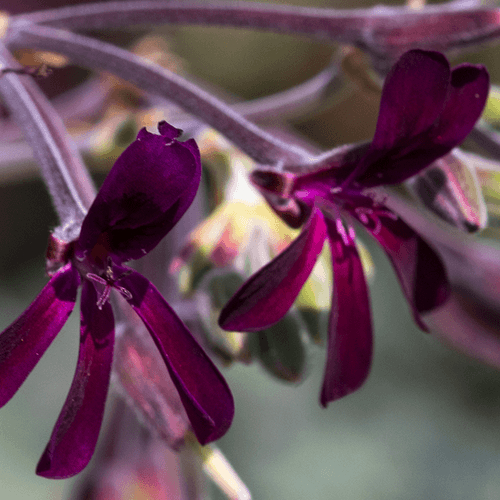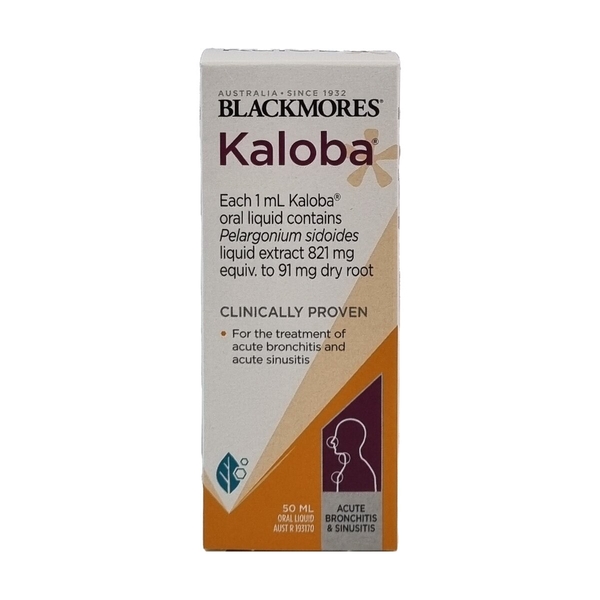
Pelargonium sidoides
Scientific names: Pelargonium sidoides
Family: Geraniaceae
Alternate names: African Geranium, EPs 7630, Geranien, Geranio Sudafricano, Geranium, Géranium d'Afrique, Géranium d'Afrique du Sud, Géranium du Cap, Geranium Root, Ikhubalo, Icwayiba, i-Yeza lezikali, Kalwerbossie, Khoaara e Nyenyane, Pelargonien, Pelargonio Sudafricano, Pelargonium Root, Pélargonium d'Afrique, Pélargonium du Cap, Rabas, Rabassam, Racine de Géranium, Racine de Pélargonium, South African Geranium, Umckaloabo, Uvendle
Actions: Antibacterial, Anticoagulant, Antiviral, Immunomodulatory, Respiratory
Background
Pelargonium sidoides is a flowering plant native to South Africa. It's used as medicine by the native populations of South Africa.
Pelargonium sidoides might work by killing bacteria or preventing bacteria from attaching to surfaces within the body.
People use Pelargonium sidoides for bronchitis, common cold, COPD, sore throat, asthma, and many other conditions, but there is no good scientific evidence to support most of these uses.
Pelargonium sidoides is sometimes called geranium. Don't confuse Pelargonium sidoides with rose geranium oil or spotted geranium. These are not the same.
Pelargonium sidoides might work by killing bacteria or preventing bacteria from attaching to surfaces within the body.
People use Pelargonium sidoides for bronchitis, common cold, COPD, sore throat, asthma, and many other conditions, but there is no good scientific evidence to support most of these uses.
Pelargonium sidoides is sometimes called geranium. Don't confuse Pelargonium sidoides with rose geranium oil or spotted geranium. These are not the same.
Safety Safety definitions
When taken by mouth: A specific Pelargonium sidoides extract (EPs 7630, Dr. Willmar Schwabe Pharmaceuticals) is likely safe when used for up to 24 weeks. There isn't enough reliable information to know if it is safe when taken for longer periods of time. Side effects might include stomach upset. Allergic reactions are also possible.
Children: A specific Pelargonium sidoides extract (EPs 7630, Dr. Willmar Schwabe Pharmaceuticals) is possibly safe when taken by mouth for up to one week. There isn't enough reliable information to know if it is safe when taken for longer periods of time.
Diseases of the immune system such as multiple sclerosis (MS), lupus (systemic lupus erythematosus, SLE), rheumatoid arthritis (RA), or other conditions: Pelargonium sidoides might cause the immune system to become more active. This could increase the symptoms of these diseases. If you have one of these conditions, it's best to avoid using Pelargonium sidoides.
Surgery: Pelargonium sidoides might slow blood clotting. It might increase the risk for bleeding during surgical procedures. Stop using Pelargonium sidoides at least 2 weeks before a scheduled surgery.
Special Precautions & Warnings:
Pregnancy and breast-feeding: There isn't enough reliable information to know if Pelargonium sidoides is safe to use when pregnant or breast-feeding. Stay on the safe side and avoid use.Children: A specific Pelargonium sidoides extract (EPs 7630, Dr. Willmar Schwabe Pharmaceuticals) is possibly safe when taken by mouth for up to one week. There isn't enough reliable information to know if it is safe when taken for longer periods of time.
Diseases of the immune system such as multiple sclerosis (MS), lupus (systemic lupus erythematosus, SLE), rheumatoid arthritis (RA), or other conditions: Pelargonium sidoides might cause the immune system to become more active. This could increase the symptoms of these diseases. If you have one of these conditions, it's best to avoid using Pelargonium sidoides.
Surgery: Pelargonium sidoides might slow blood clotting. It might increase the risk for bleeding during surgical procedures. Stop using Pelargonium sidoides at least 2 weeks before a scheduled surgery.
Effectiveness
NatMed Pro rates effectiveness based on scientific evidence according to the following scale: Effective, Likely Effective, Possibly Effective, Possibly Ineffective, Likely Ineffective, Ineffective, and Insufficient Evidence to Rate.
Possibly effective Effectiveness definitions
- Short-term swelling (inflammation) of the airways in the lungs (acute bronchitis). Taking a specific Pelargonium sidoides extract ((EPs 7630, Dr. Willmar Schwabe Pharmaceuticals) by mouth within 48 hours of feeling sick seems to help speed up recovery from bronchitis.
- A lung disease that makes it harder to breathe (chronic obstructive pulmonary disease or COPD). Taking a specific Pelargonium sidoides extract (EPs 7630, Dr. Willmar Schwabe Pharmaceuticals) by mouth along with standard treatment seems to reduce the number of COPD flares in people with moderate or severe COPD. It might also reduce the need for antibiotics.
- Common cold. Taking a specific Pelargonium sidoides extract (EPs 7630, Dr. Willmar Schwabe Pharmaceuticals) by mouth might help reduce symptoms and speed up recovery from a cold.
Dosing & administration
A specific Pelargonium sidoides root extract (EPs 7630, Dr. Willmar Schwabe Pharmaceuticals) has most often been used by adults as 30-60 drops of solution (1.5-3 mL) taken by mouth three times daily for 7-10 days. It's also available in tablets. In children, dosing depends on age. Speak with a healthcare provider to find out what dose might be best for a specific condition.
Interactions with pharmaceuticals
Medications that decrease the immune system (Immunosuppressants)
Interaction Rating=Moderate Be cautious with this combination.
Pelargonium sidoides can increase the activity of the immune system. Some medications, such as those used after a transplant, decrease the activity of the immune system. Taking Pelargonium sidoides along with these medications might decrease the effects of these medications.
Medications that slow blood clotting (Anticoagulant / Antiplatelet drugs)
Interaction Rating=Moderate Be cautious with this combination.
Pelargonium sidoides might slow blood clotting. Taking Pelargonium sidoides along with medications that also slow blood clotting might increase the risk of bruising and bleeding.
Interactions with herbs & supplements
Herbs and supplements that might slow blood clotting: Pelargonium sidoides might slow blood clotting and increase the risk of bleeding. Taking it with other supplements with similar effects might increase the risk of bleeding in some people. Examples of supplements with this effect include garlic, ginger, ginkgo, nattokinase, and Panax ginseng.
Interactions with foods
There are no known interactions with foods.
vital.ly has licensed monographs from TRC Healthcare.
This monograph was last reviewed on 03/10/2024 10:00:00 and last updated on 24/09/2020 00:28:44. Monographs are reviewed and/or updated multiple times per month and at least once per year.
Natural Medicines disclaims any responsibility related to medical consequences of using any medical product. Effort is made to ensure that the information contained in this monograph is accurate at the time it was published. Consumers and medical professionals who consult this monograph are cautioned that any medical or product related decision is the sole responsibility of the consumer and/or the health care professional. A legal License Agreement sets limitations on downloading, storing, or printing content from this Database. No reproduction of this monograph or any content from this Database is permitted without written permission from the publisher. It is unlawful to download, store, or distribute content from this site.





